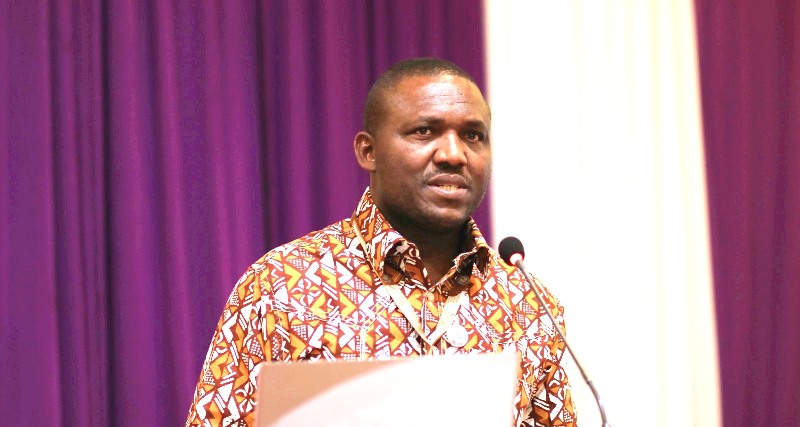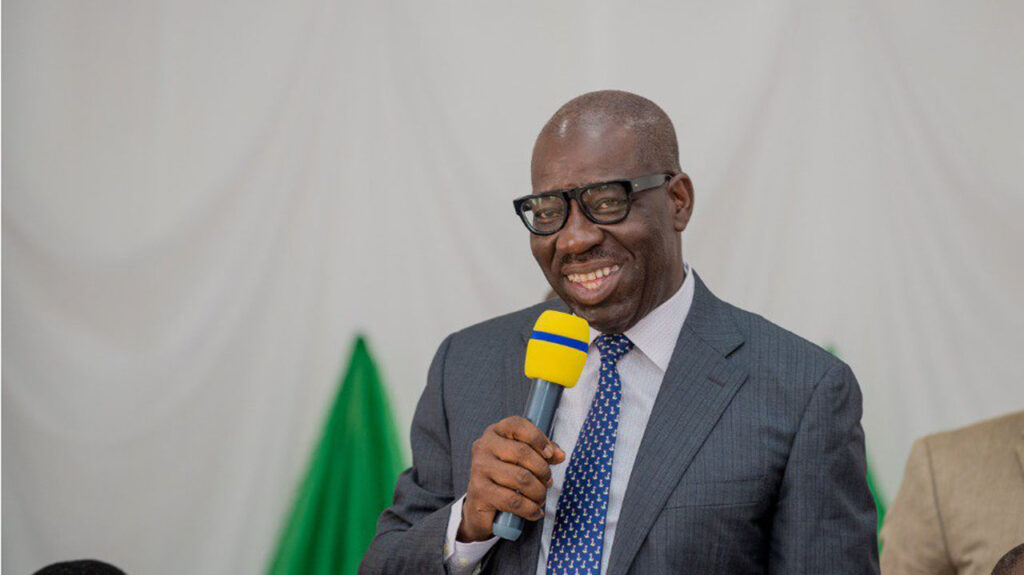
Under the aegis of the Petroleum and Natural Gas Senior Staff Association of Nigeria (PENGASSAN), the workers explained that the inability of the NCDMB management to respond to the issues raised necessitated the handling down of a 14 working day ultimatum, which expired on Friday, May 8, 2015.
In the strike noticed issued by the Port Harcourt Zone of PENGASSAN and dated April 24, 2015, the workers explained that, the management violated extant labour laws and practices concerning promotion, payment of non-regular allowances, allowing willing employees to join union and pension remittance.
The union demanded that the management should constitute a promotion committee made up of all general managers from various directorates and divisions in the Board, adding that the demand became inevitable as a result of avoidable communication gaps that exist during promotion exercise.
According to the workers, some staff were not promoted during the last exercise due to communication gaps between the board management and the management staff of the directorates and divisions that made up of the NCDMB. The workers demanded that staff affected due to such lapses should be promoted without further delay.
They also advised the management not to encourage selective promotion, adding that such may cause disaffection among the staff.
The workers called on the NCDMB management to cancel a promotion examination conducted for staff on level SS4 as obtainable in other government agencies and parastatals in the oil and gas sector of the economy, such as the Department of Petroleum Resources (DPR), Nigerian National Petroleum Corporation (NNPC), Petroleum Products Pricing Regulatory Agency (PPPRA), Petroleum Equalisation Fund Monitoring Board (PEFMB) and Petroleum Training Institute (PTI), among others.











